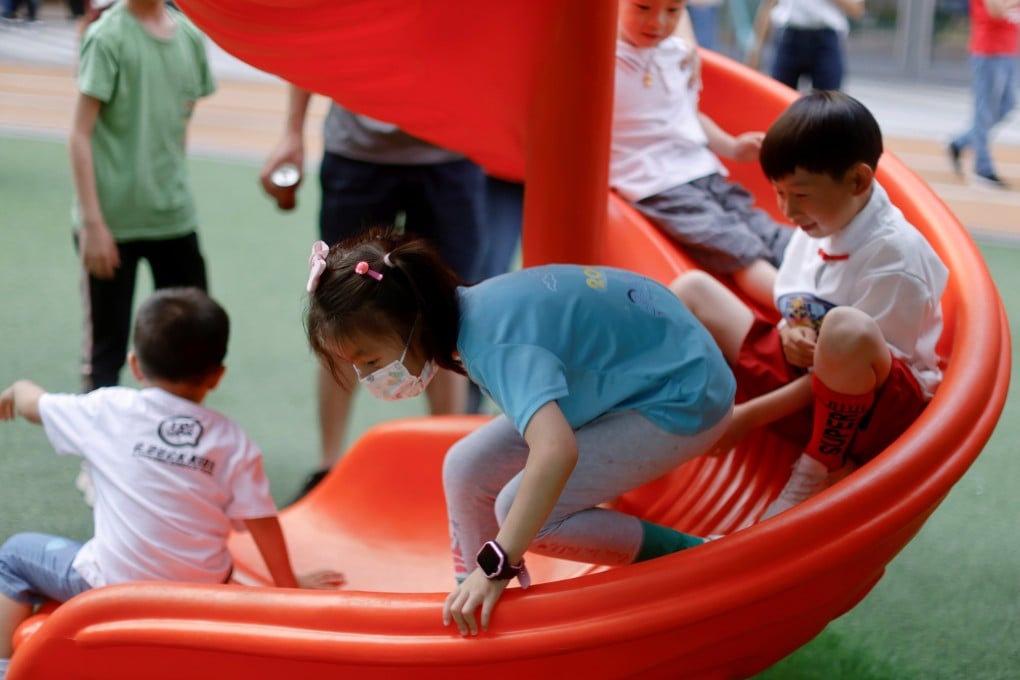Advertisement
The View | Can China boost its birth rate with education and housing reforms?
- Two measures announced by the Ministry of Education indicate that the government is trying to address the reasons young couples are reluctant to have more children
- But given the complexity of the related issues, tackling the demographic crisis will not be straightforward
Reading Time:3 minutes
Why you can trust SCMP
5

It will be interesting to see how two measures recently announced by the Ministry of Education affect China’s birth rate. The first is to create a new department, dubbed the Off-Campus Education and Training Department, tasked with overseeing the private tutoring market. The other is a notice for schools to run after-school classes that end at least half an hour after most parents finish work.
While both measures are related to education, Chinese authorities have a more far-reaching target – to encourage young couples to have more babies to help China better cope with the demographic challenges looming on the horizon.
While the government has announced a “three-child policy”, which allows one couple to have up to three children, and is reportedly considering completely lifting birth restrictions by 2025, one prevailing opinion is that changing the birth control policy is unlikely to reverse the demographic trends in the world’s second-largest economy.
Advertisement
With living standards improving, members of the younger generation are focused on their careers and are reluctant to have more babies. This is not unique to China. However, there are other obstacles that deter young couples in China from having more children.
In particular, the cost of education and housing has become increasingly expensive and unaffordable for many, placing a heavy burden on young families. For example, private tuition has become quite common in Chinese cities. Parents normally send their children to different private tuition classes on weekends, which can lead to both parents and their children feeling frustrated.
The private tuition industry has been widely seen as a promising business in China as Chinese parents are very generous with tuition payments and often want to sign up for more classes to better equip their children for the future. As a result, while public education is free before high school, Chinese parents still feel mounting pressure over the cost of their children’s education.
Advertisement
Select Voice
Choose your listening speed
Get through articles 2x faster
1.25x
250 WPM
Slow
Average
Fast
1.25x

